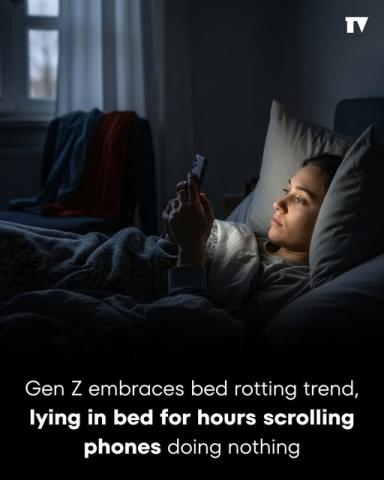In the high-stakes mental game of tennis, focus is everything. The difference between an ace and a double fault, a winning passing shot and a netted error, often comes down to a single moment of concentration. Players spend years honing their physical skills, but true champions are forged through mental discipline—the ability to quiet the noise, both external and internal, and be fully present for the point.
Today, that internal noise has a name: your smartphone.
The Unseen Opponent on the Court
You’ve felt it. That irresistible urge to check your phone during a changeover. The quick scroll through notifications after a frustrating unforced error. While it feels like a harmless mental break, this habit is secretly undermining your game.
Every ping, buzz, and scroll trains your brain for distraction. It fractures your attention span, making it harder to lock in for the long, strategic rallies a match demands. The constant drip-feed of dopamine from social media leaves you craving instant gratification, which is the antithesis of the patience and perseverance needed to win a tennis match. You’re essentially practicing impulsivity when you should be cultivating focus.
The solution isn’t just to put your phone away during play; it’s to build a disciplined mindset off the court that you can carry onto it. And one of the most critical times to practice this discipline is right before you sleep.
The "Bed Rotting" Trap: How Gen Z's Favorite Trend Kills Recovery
Enter "bed rotting," a trend popularized by Gen Z that involves spending extended hours in bed scrolling, watching shows, or just lounging as a way to decompress from stress and burnout. After a long day, it feels like the ultimate form of self-care.
But sports psychologists and sleep experts are sounding the alarm. While rest is non-negotiable for athletic recovery, "bed rotting" is not true rest. It’s passive, often screen-filled stagnation. Studies show that this behavior can:
- Disrupt Sleep Patterns: The blue light from screens suppresses melatonin production, tricking your brain into thinking it's daytime. This leads to poorer quality, less restorative sleep—the very opposite of what an athlete needs for muscle repair and memory consolidation.
- Lower Energy Levels: Excessive inactivity begets more inactivity. It disrupts your body's natural rhythms, leaving you feeling more lethargic and unmotivated the next day, both on and off the court.
- Worsen Mental State: Instead of alleviating stress, endless scrolling can fuel anxiety, foster social comparison, and exacerbate feelings of depression or loneliness. It keeps your brain in a state of high alert, preventing the mental reset crucial for competitive clarity.
The Champion's Routine: Discipline Before Sleep
True mental toughness in tennis isn’t just about willing yourself to win. It’s about building systems and habits that set you up for success. Your pre-sleep routine is the foundation of this system.
Here’s how to trade "bed rotting" for habits that will sharpen your focus and elevate your game:
- Create a Digital Curfew: This is non-negotiable. Charge your phone in another room at least 60 minutes before you intend to sleep. Break the cycle of distraction at its source.
- Swap Scrolling for Reading: Pick up a physical book or magazine. It engages your mind in a sustained, linear way, training your attention span without the stimulating blue light.
- Journal for Mental Clarity: Spend five minutes reflecting on your training session or match. What went well? What needs work? Downloading these thoughts onto paper stops them from swirling in your head all night and provides invaluable insight for improvement.
- Incorporate Gentle Movement: This isn’t another workout. Try 10 minutes of light stretching, foam rolling, or yoga poses. This helps release physical tension from the day and signals to your body that it’s time to wind down.
- Practice Visualization: Close your eyes and mentally rehearse your perfect serve, a sharp cross-court winner, or how you’ll handle a tough opponent. Visualization strengthens neural pathways, building confidence and mental fortitude.
The Final Point
Tennis is a metaphor for life. The discipline you cultivate off the court directly translates to your performance on it. By choosing a purposeful wind-down routine over mindless scrolling, you’re not just improving your sleep; you’re training your most important weapon: your mind.
You’re teaching it to focus, to resist distraction, and to recover deeply. You’re building the mental resilience to win the next point, and the next game. So tonight, put the phone away and invest in the rest that a champion deserves. Your future winning self will thank you for it.

